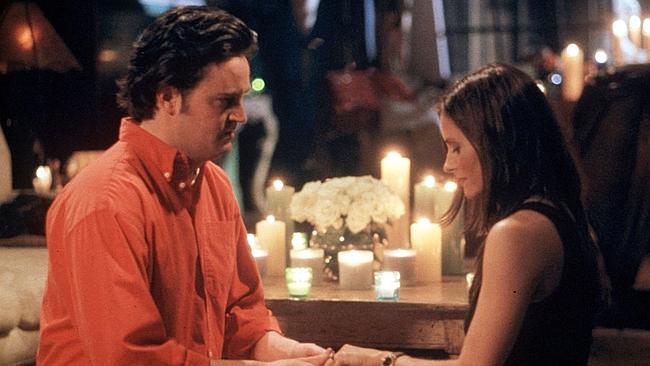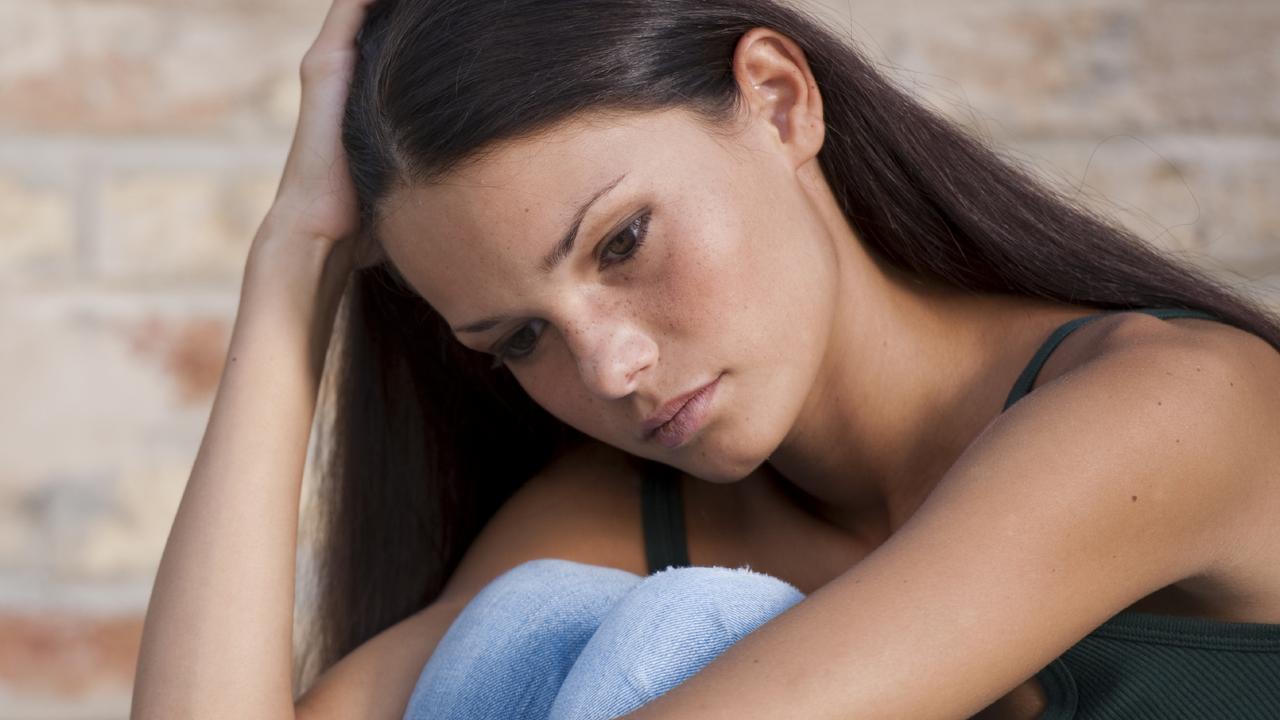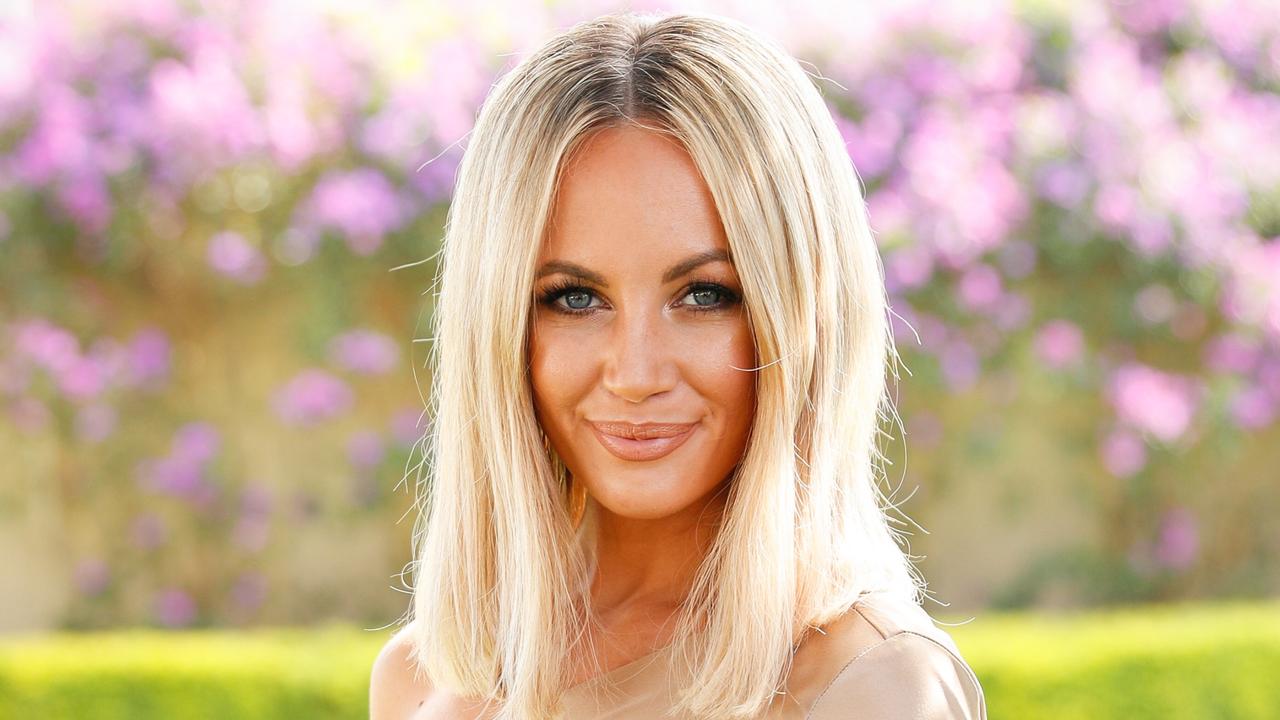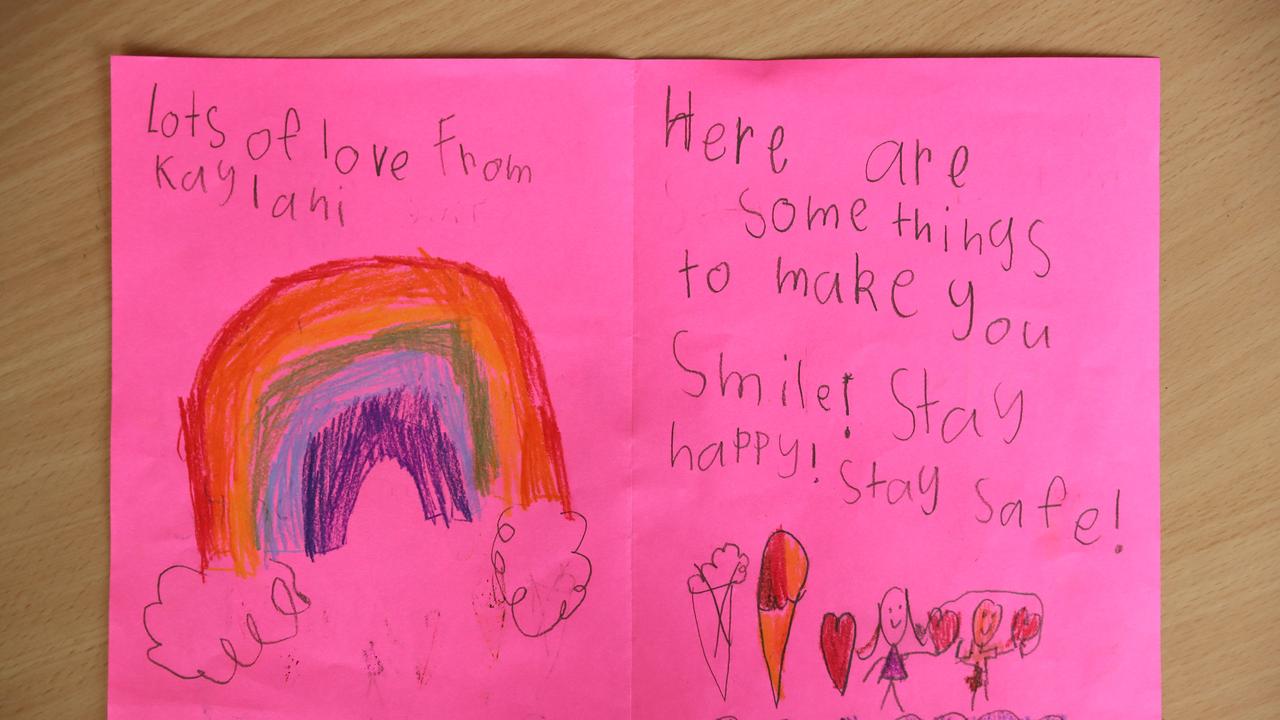10 celebrities who’ve battled and beaten depression
DEPRESSION can affect anybody; even those in the public eye who seem to have it all. Here are words of wisdom from 10 celebrities who’ve battled the black dog.

DEPRESSION can affect everybody, even those in the public eye who seem to have it all. Here are 10 celebrities who’ve battled the black dog and come out the other side.
Matthew Mitcham

At the Beijing Olympics, Mitcham became the first openly gay Australian man to win an Olympic gold medal. Privately, though, he’d struggled with depression, even turning to crystal meth in the wake of his win in an attempt to self-medicate. Mitcham detailed his dark times and his ensuing battle with drug addiction last year in his autobiography, Twists & Turns.
Ruby Rose

“There are very few things that can bring a grown woman to her knees squeezing her poor dog so tight I think I hear the snapping of a rib,” Rose wrote to her Facebook followers in April last year.
“In my case, your ugly old friend Mr. Depression came to visit uninvited and unwelcomed, forced his way into your house ate all the Tim Tams and smacked you in the face with a pile of manure. I have had depression for more years than I can remember.”
Rose’s advice for others battling similar demons?
“You are not alone, pick up the phone, grab an animal, grab someone else’s animal, just make sure you address it and give yourself the time and love you need. ”
Maria Bamford

The hilarious US comedian has spoken openly about her battles with mental illness, including depression and bipolar disorder, throughout her stand-up career. Her wonderful web series, The Maria Bamford Show, was based on very real events — Bamford having a breakdown and heading back to Minnesotta to live with her parents.
Bamford often uses her comedy to exposes the hypocrisy so many people have in dealing with depression and other mental illnesses — take this line, where Bamford imagines what it would sound like if we discussed cancer as flippantly as we sometimes talk about depression:
“Well, apparently Jeff has cancer. Uh, I have cancer. We ALL have cancer. You go to chemotherapy you get it taken care of, Am I right? You get back to work!”
Rosie O’Donnell

O’Donnell started experiencing bouts of depression as a child. The disease runs in her family, as does alcoholism and “an absurd ability to deny the obvious.” Because of this, O’Donnell did not seek treatment until the age of 37.
“The dark cloud that arrived in my childhood did not leave until I was 37 and started taking medication,” O’Donnell told Good Morning America, explaining how much antidepressants had helped her battle depression.
“The grey has gone away. I am living in bright technicolor.”
Russell Brand

The comedian battled many issues relating to depression during his teenage years, including self-harm and bulimia from the age of 11. “It was really unusual in boys, quite embarrassing,” he’s since said. Later in life, drugs and alcohol were the quick fix for his feelings, until his agent encouraged him to get help. Since then, Brand hasn’t had a drink in eight years. He speaks frankly about his struggles with depression and addiction in his memoir, My Booky Wook.
Ellen DeGeneres

It may seem a distant memory now for the beloved talk show host, but after coming out in 1997, DeGeneres suffered a career meltdown. Her sitcom was cancelled and, for several years, she was left without work. That was the catalyst for a prolonged bout of depression.
“Everything that I ever feared happened to me. I lost my show, I’ve been attacked like hell. I went from making a lot of money on a sitcom to making no money,” DeGeneres told L.A. Times magazine.
“When I walked out of the studio after five years of working so hard, knowing I had been treated so disrespectfully for no other reason than I was gay, I just went into this deep, deep depression.”
Matthew Perry

While Ellen’s depression came about from a career lull, Perry battled his demons while he was a cast member on the most popular sitcom on TV, Friends. The actor struggled with depression, alcohol and prescription drug abuse throughout his time on the show and beyond. Perry, who was sent to rehab multiple times, has since said he was “a sick guy.”
“Mostly it was drinking, you know, and opiates,” Perry told ABC. “I think I was pretty good at hiding it but, you know, eventually people were aware.”
Jon Hamm

Hamm’s father died when he was 20 years old, an event that sent him into a bout of deep depression. In 2010 he spoke to UK magazine The Observer about that dark time:
“I did do therapy and antidepressants for a brief period, which helped me. Which is what therapy does: it gives you another perspective when you are so lost in your own spiral, your own bullshit. It helps. And honestly? Antidepressants help! If you can change your brain chemistry enough to think: ‘I want to get up in the morning; I don’t want to sleep until four in the afternoon. I want to get up and go do my s**t and go to work and ...’ Reset the auto-meter, kickstart the engine!”
Catherine Zeta-Jones

In April 2011, Zeta-Jones was admitted to a US rehab clinic where doctors diagnosed her with bipolar II disorder, a form of manic depression. She went public with her diagnosis in an effort to raise awareness of the disease.
“I’m not the kind of person who likes to shout out my personal issues from the rooftops but, with my bipolar becoming public, I hope fellow sufferers will know it is completely controllable,” Zeta-Jones told InStyle magazine.
“I hope I can help remove any stigma attached to it, and that those who don’t have it under control will seek help with all that is available to treat it.”
Demi Lovato

As a Disney starlet, Lovato’s struggles with depression were well-hidden — until they couldn’t be hidden any more, as red carpet photographs revealed the telltale scars on her arms from self-harm. Now 21, the singer and actress is a proud spokeswoman for National Children’s Mental Health Awareness Day, but she said she hadn’t always felt the courage to talk about her illness.
“You’re constantly asking yourself, what if people find out my diagnosis? What if they don’t want to be my friend anymore? … would I lose my career?”
info: beyondblue is the national initiative to raise awareness of anxiety and depression, providing resources for recovery, management and resilience. Call them on 1300 22 4636 or visit their website for live web chat from 4pm to 10pm.




